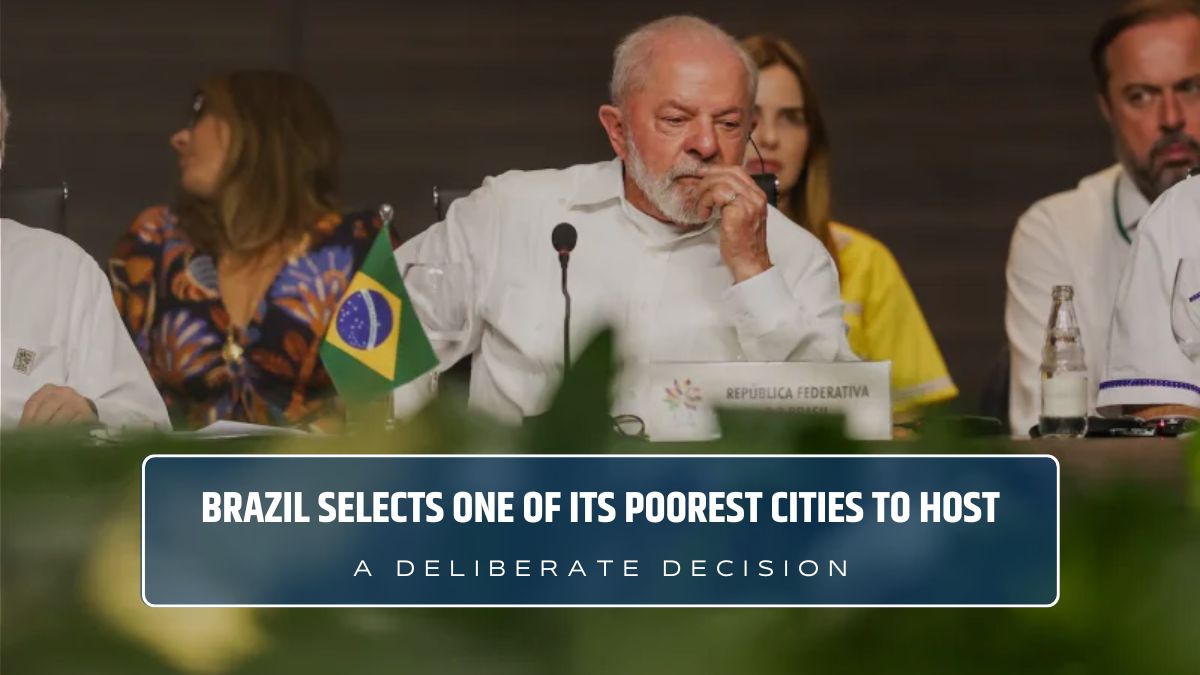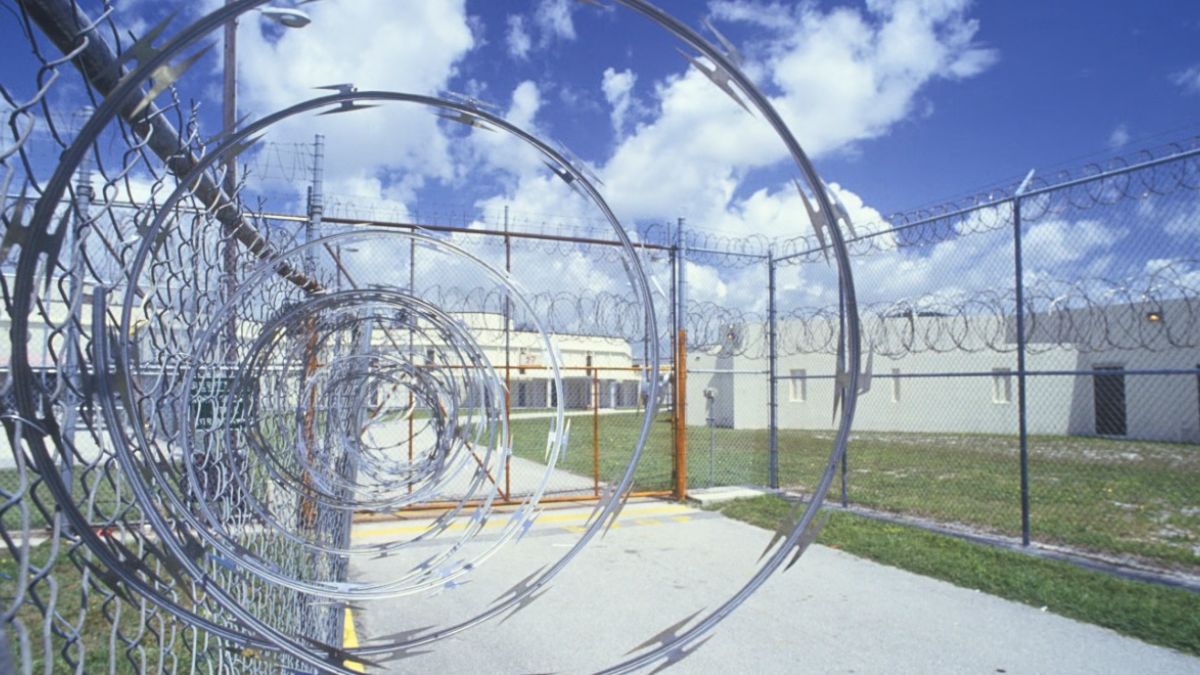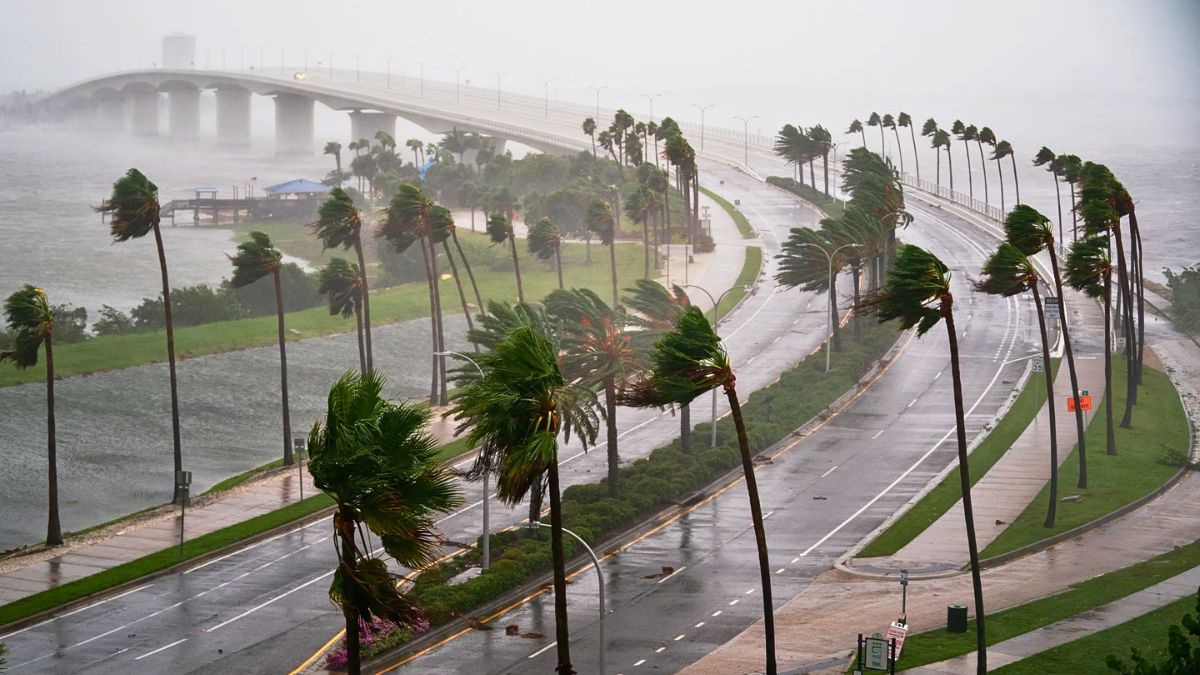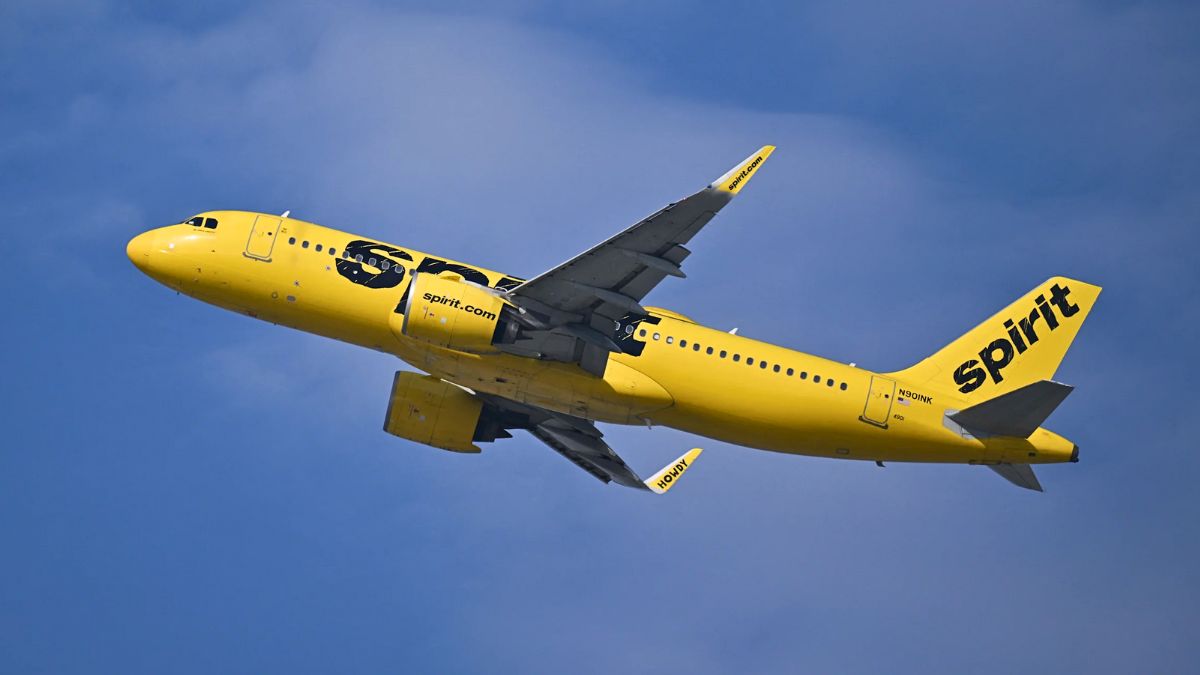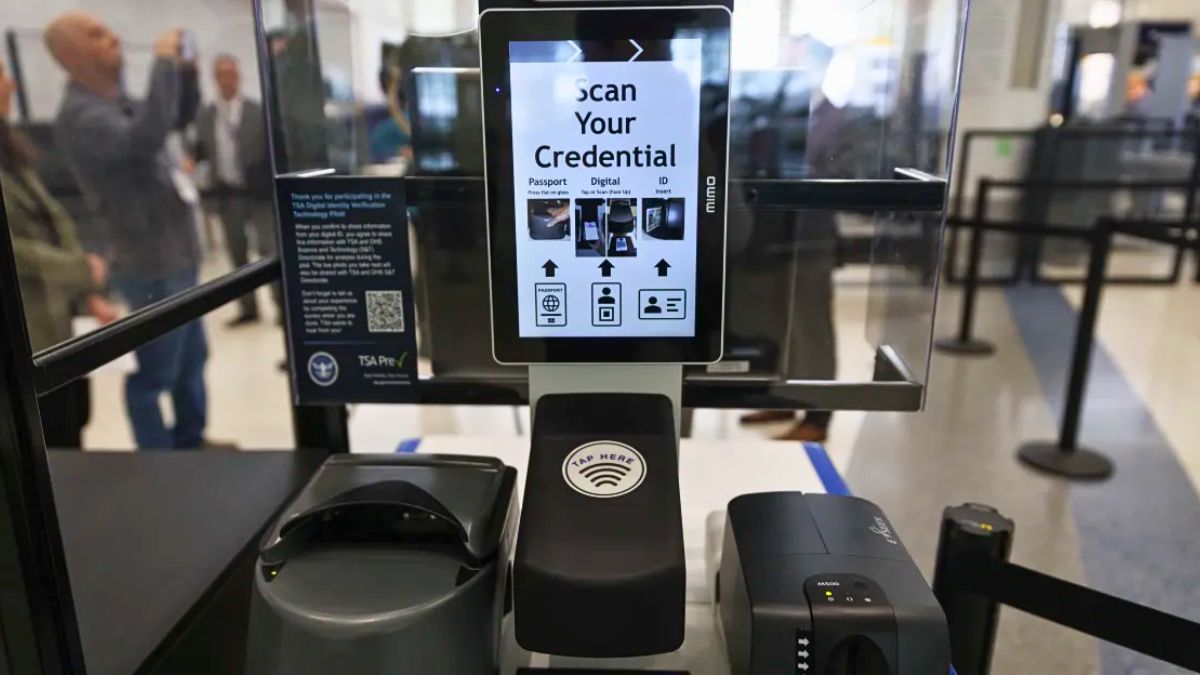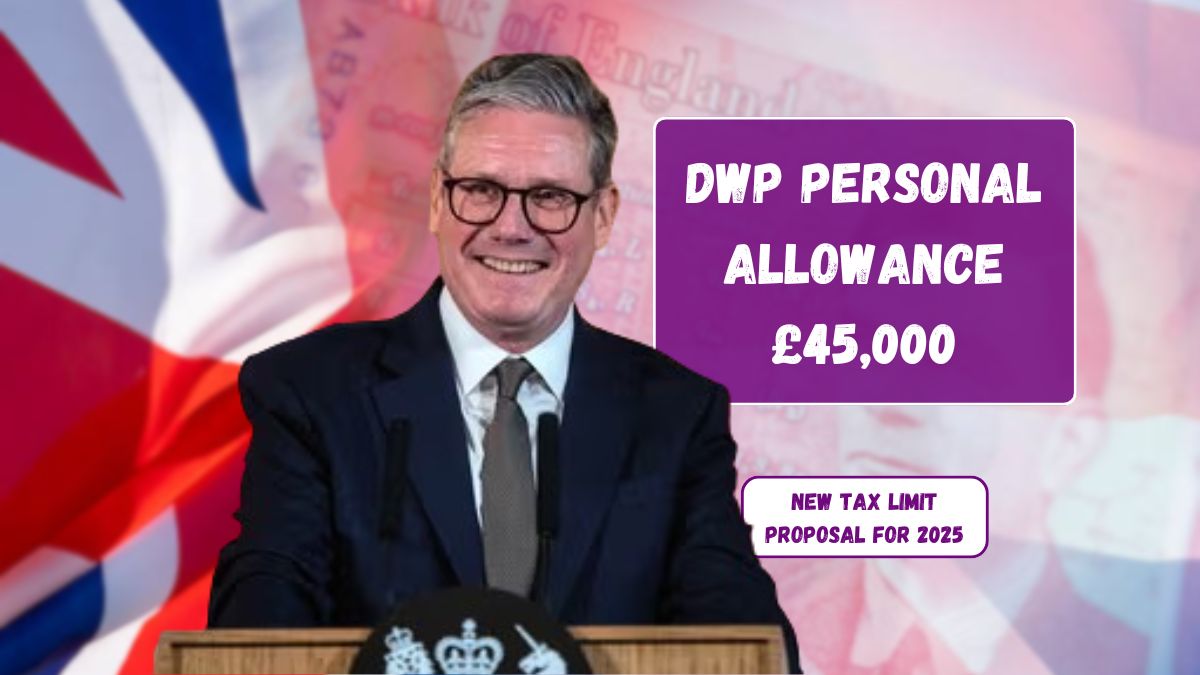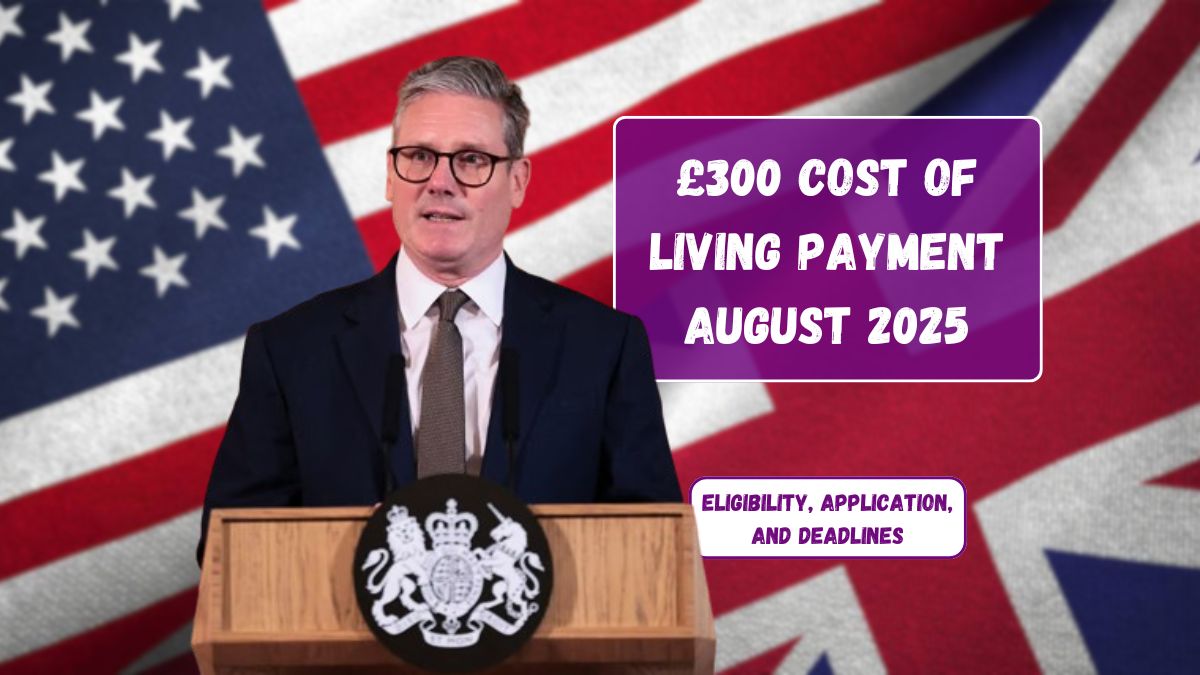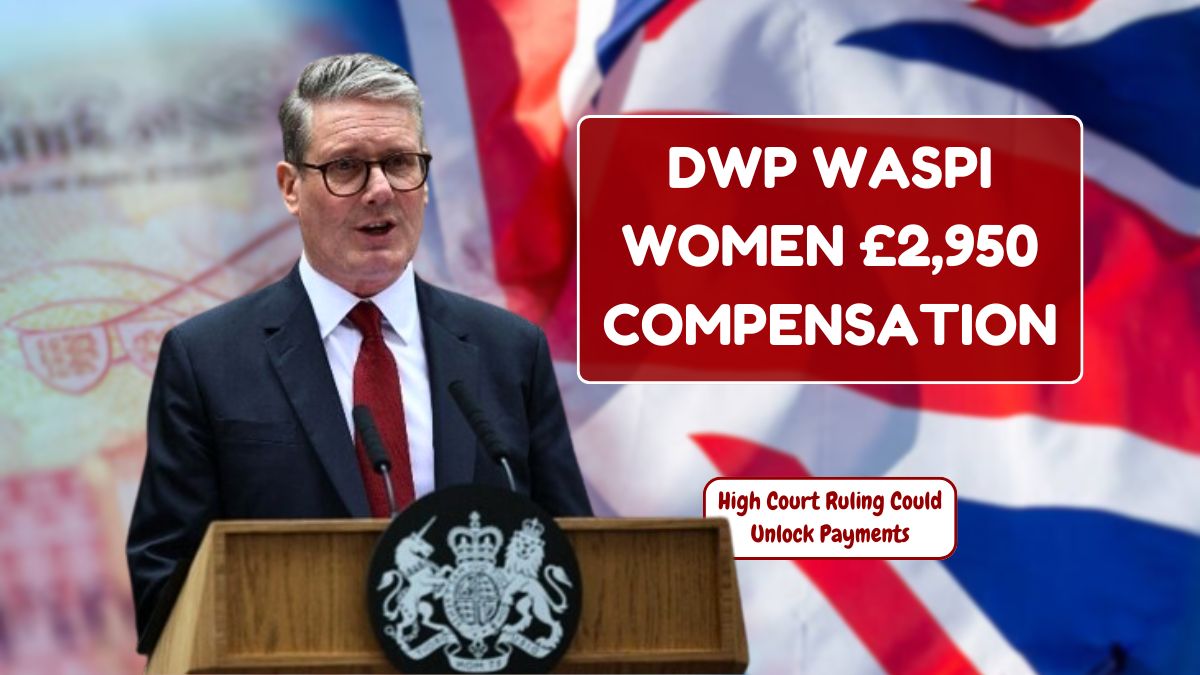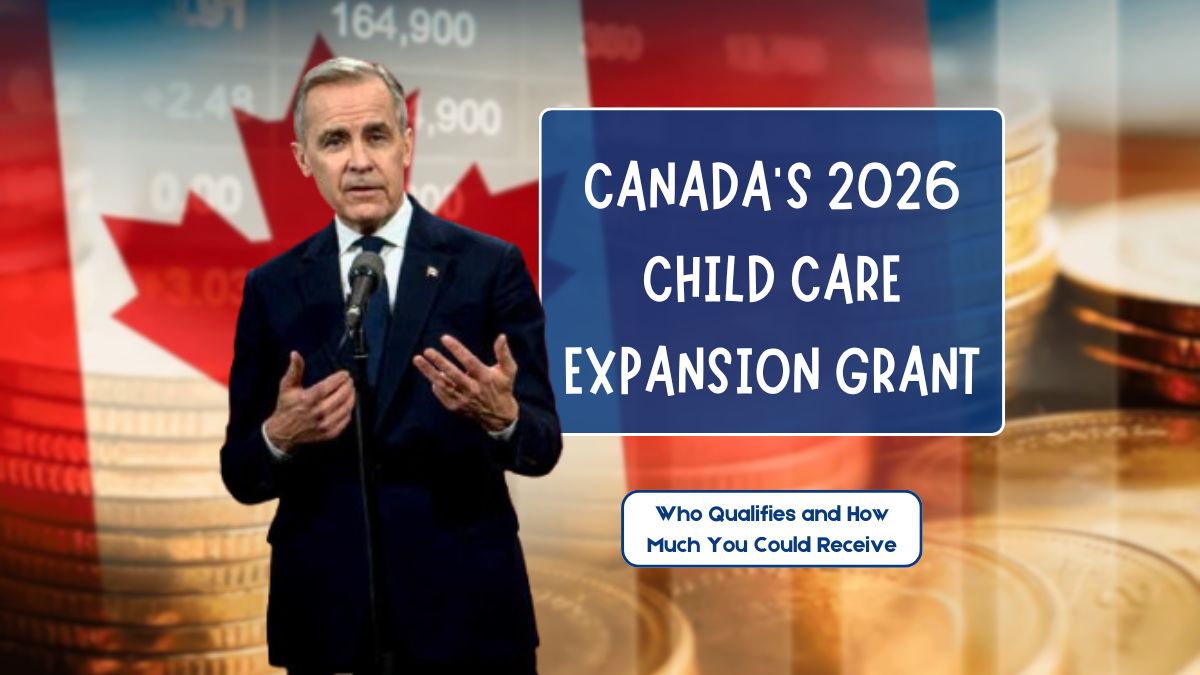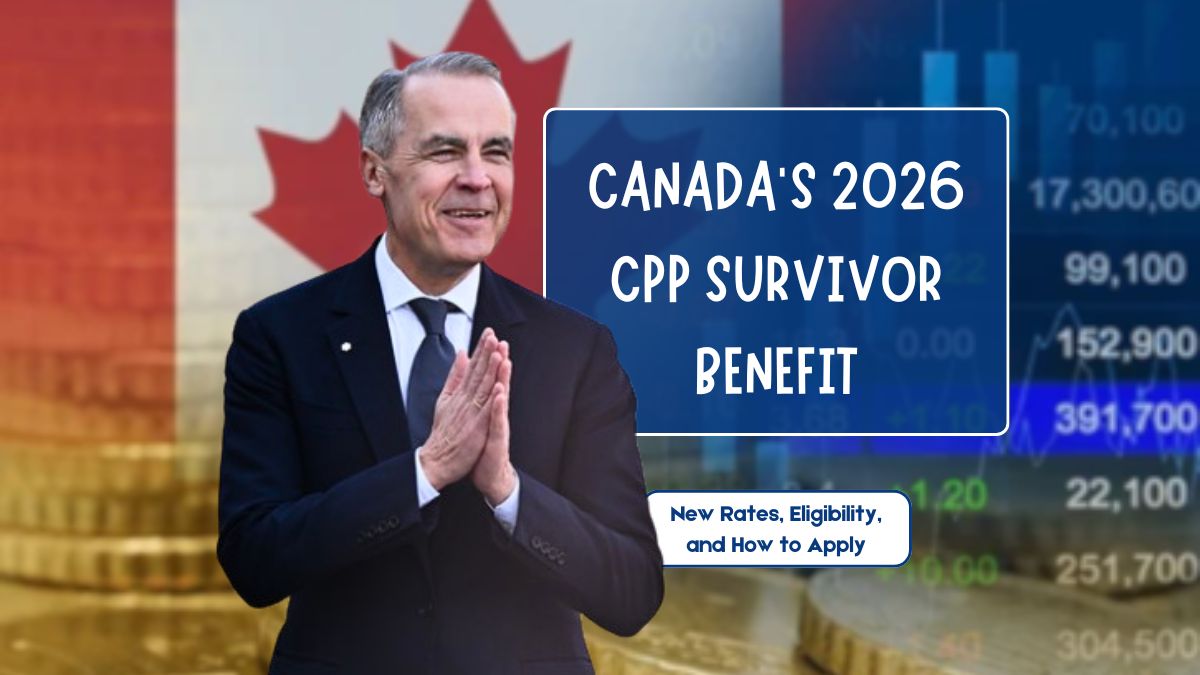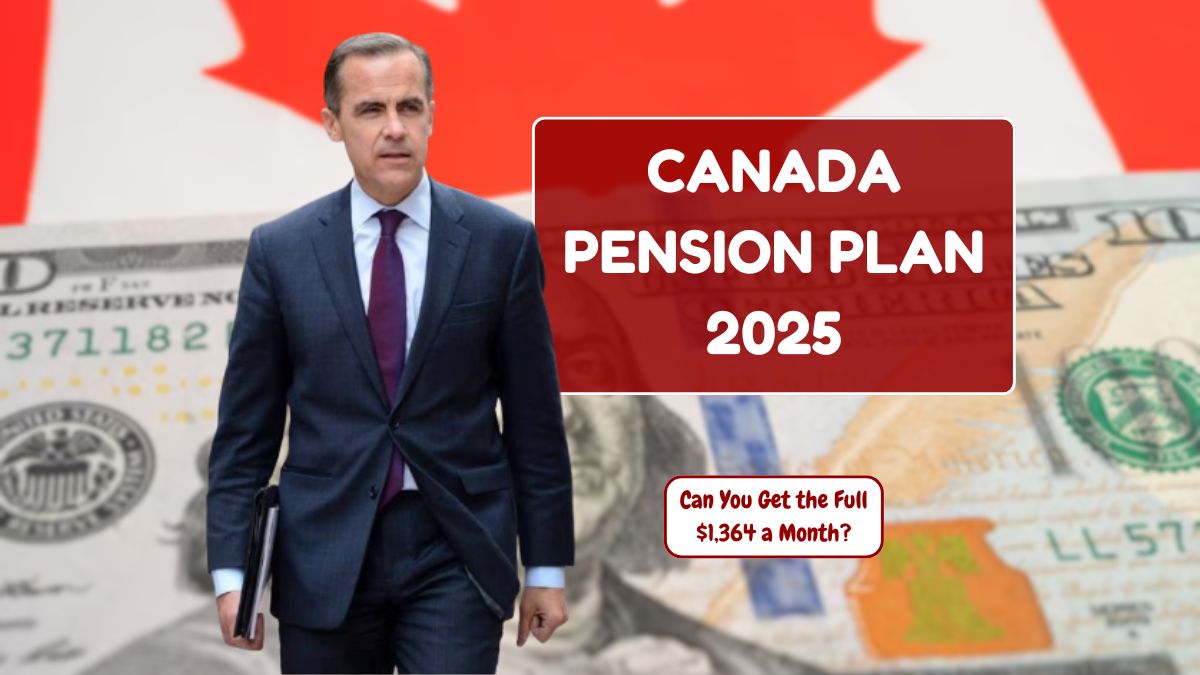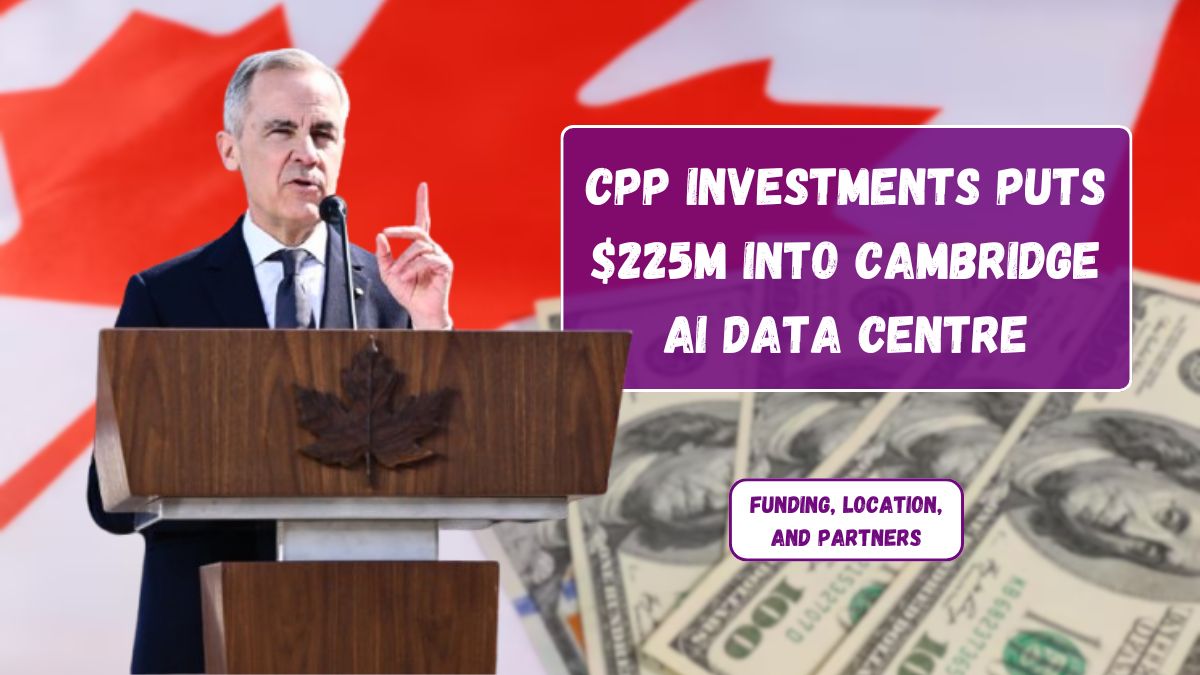When world leaders, business executives, scientists, and activists head to Brazil this November for the United Nations’ annual climate negotiations, they won’t be welcomed by luxury hotels or scenic beach resorts. Instead, they’ll gather in Belem, a city marked by poverty, limited infrastructure, and proximity to the vulnerable Amazon rainforest. And that’s exactly the point, says COP30 President-designate André Corrêa do Lago.
In contrast to past climate summits hosted in affluent cities like Paris, Dubai, and Cancun, COP30 will take place in a location that brings the world’s inequalities and environmental fragilities front and center. Brazil hopes this will force decision-makers to face climate injustice and the pressing need for real, inclusive solutions.
City Meant to Send a Message
Belem, perched on the edge of the Amazon, faces major challenges: poverty, a lack of infrastructure, and a fragile natural environment. Do Lago, a veteran Brazilian diplomat, said Brazilian President Luiz Inácio Lula da Silva wants attendees to experience these realities firsthand.
The idea is to connect the urgency of climate action to real communities and landscapes. Lula envisions COP30 not as a celebration of past efforts, but as an opportunity to showcase what still needs to be done. The Amazon’s health, the struggles of low-income populations, and the chance for sustainable progress will all be on display.
Despite two years of preparation, Belem is still scrambling to accommodate the tens of thousands expected to attend. Brazil has arranged for two cruise ships to provide 6,000 beds and created a booking system prioritizing 98 poorer countries. Yet, accommodation costs remain steep, with some reports of rooms being offered for $15,000 a night. Do Lago acknowledges the pricing issue but says rates are beginning to stabilize.
Make-or-Break Year for Climate Plans
This year marks a crucial milestone for global climate action. Under the 2015 Paris Agreement, nations must submit updated plans—called Nationally Determined Contributions (NDCs)—to cut emissions. These plans are supposed to be more ambitious than the original ones and cover all greenhouse gases and sectors of the economy.
Many countries are behind schedule. The United Nations wants them submitted by September to allow time to assess the potential impact before COP30 begins. UN Secretary-General António Guterres emphasized that updated plans must align with the 1.5 degrees Celsius warming limit agreed to in Paris. That goal is hanging by a thread, as global temperatures are already just a few tenths of a degree away.
Do Lago believes most plans won’t meet the 1.5-degree target. That means closing the gap will become one of the conference’s most pressing challenges.
Missing Topics Still Loom Large
Some of the most urgent topics won’t even be on the official agenda. Do Lago points to the $1.3 trillion in promised financial support for developing nations—a key issue for climate justice that will be discussed informally but not negotiated formally.
Brazil also hopes to push conversations about the role of nature and forests. The Amazon is one of the planet’s largest carbon sinks, but continued deforestation has begun reversing its role. In some areas, the forest now emits more carbon than it absorbs, putting its survival—and the planet’s climate stability—at risk.
Human Rights and Legal Pressure
The push for stronger commitments got a boost recently when the UN’s top court ruled that access to a clean and healthy environment is a basic human right. According to the court’s opinion, states that fail to act on climate change could be found in violation of international law.
Do Lago sees this ruling as reinforcing the urgency of COP30. But he also hopes to shift the narrative from burden to opportunity. He wants countries to stop seeing emissions reductions as sacrifices and instead embrace them as openings for innovation, growth, and economic transformation.
COP of Solutions
As preparations continue and pressure builds, COP30 may turn out to be one of the most consequential climate conferences yet. By placing it in a city like Belem—where environmental issues and inequality collide—Brazil is forcing the global community to confront the climate crisis in all its complexity.
Do Lago says the ultimate goal is to make this a solutions-oriented summit. One that shows the world that the climate agenda isn’t just about costs and compromises, but about creating a more equitable and sustainable future for everyone.

